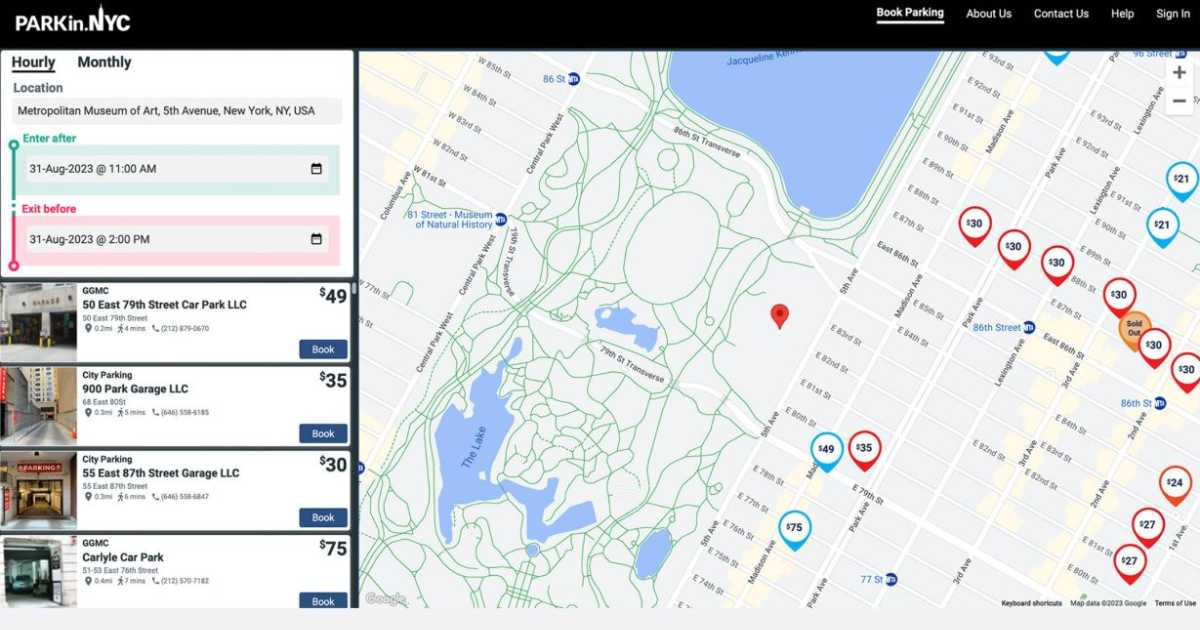The Fate of Construction Data: Who Will Own It?

Last week, I met with the CEO of one of the largest retail owners in the world. Our conversation centered around how he gets more leverage from having technology drive his day-to-day processes. But itís not for the obvious reasons.
The dirty secret about owning buildings is that the cost of repositioning and construction is a black box. The time it takes for projects to get completed is a black box. Even the history of vendors with whom owners have worked can be a black box.
Why? Real estate investors do not truly own their construction data. Legally, the data belongs to them, or at least part of it, but consider the reality:
- General Contractors manage the bidding process and owners often only see the final costs. So, who really owns the pricing intelligence?
- Construction managers control timelines using their in-house software programs and owners receive general updates at weekly meetings. So, who really owns the ďtime to completionĒ statistics?
- Project and property managers (internal and external) handle communications with vendors from their email inboxes and mobile phones. So, who really owns the job performance insights?
Owners are the ultimate risk takers in any building project, but without technology that aggregates and unifies insights from across their projects, their buildings and their entire portfolio, they are operating in a black box.
And thatís precisely why the retail portfolio CEO mentioned earlier values technology: unifying his construction data allows him to generate more value from his projects. As he said, "I want to combine technology and data to drive projects to completion faster which will get my tenants in faster and increase NOI. Then I cap that NOI and I've created real value for my investors."
What would happen if all owners took steps to own their data like this CEO?
For one thing, unifying construction data would help owners know as much about pricing as contractors. They would be able to get empirical answers to questions like:
- What should the range of pricing be on a per square foot basis for lobby projects in Washington D.C. office buildings?
- How long does it typically take for a retail tenant in a shopping center in the Northeast to get from demolition to occupancy?
- How often do projects like the one I'm about to launch actually go over budget?
- How are capital budgets in my portfolio tracking against their underwriting plans?
Real estate owners who want to remain competitive need to truly own their construction data in order to drive project budgets and schedules Ė that in turn drive investor returns.
To learn more about this hot topic, join us for a NEW Precon Event, Construction Summit, that will be held on June 5 at The Cosmopolitan in Las Vegas. This Summit will delve deeper with specific sessions discussing: (1) bid process structure, (2) reforecasting for more robust capital plans, (3) leveraging historical data to drive down future acquisition cost, (4) timeline acceleration, (5) vendor relationships and (6) system integrations. Open to all registered conference attendees, register today!
This Week’s Sponsor
RealFoundations is a professional services firm focused on helping companies that develop, own, operate, service, occupy or invest in real estate make smarter, more profitable decisions. From the building itself to the way itís developed, operated and capitalized, no firm understands the inner workings of the entire real estate ecosystem as well as RealFoundations. We work hard, we tell the truth, and we do what we say. We Make Real Estate Run Better. www.realfoundations.net
Read Next
 3/27/2025
3/27/2025
The Convergence of Edge Computing, Cloud, and AI in Building Automation and Smart Buildings In the built environment, we have seen the convergence of Operational Technology (OT) and Information Technology (IT), later expanding to include Workplace Technologies (WP).
 3/27/2025
3/27/2025
DC Power: A Holistic Approach to Energy Savings in Commercial Buildings In today's energy-conscious world, businesses constantly seek ways to reduce their carbon footprint and operational costs.
 3/13/2025
3/13/2025
How to Achieve Eco-Friendly Facility Management Commercial real estate operators and facility managers are focusing on sustainable practices to minimize environmental impact, create healthier workplaces, improve productivity and lower operational costs.
 1/23/2025
1/23/2025
When It Comes To Managing Propertiesí Parking, Technology Is Key Itís easy for developers and real estate owners to think of parking as a necessary evil. They know they have to provide it (often, because itís mandated by code), they understand that prospective tenants and buyers expect to be provided parking, but they havenít figured out how to maximize its value.







.gif)



